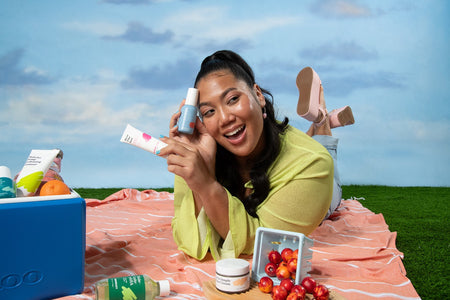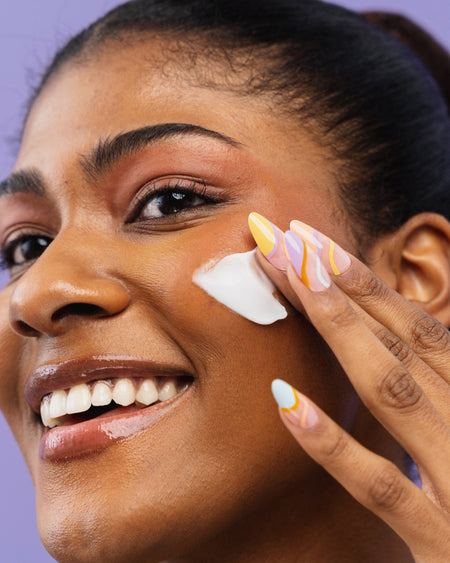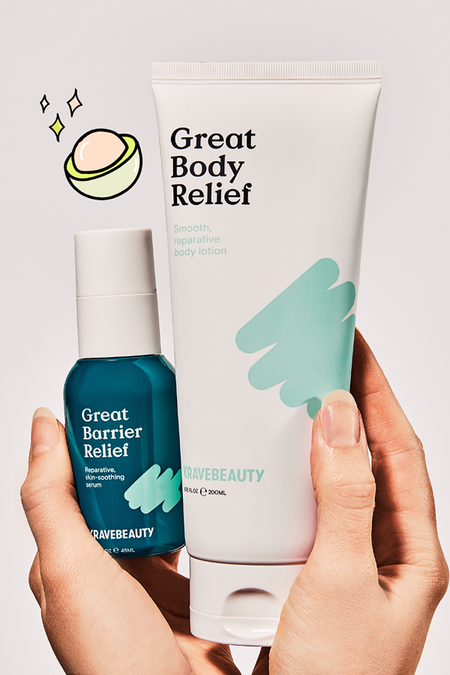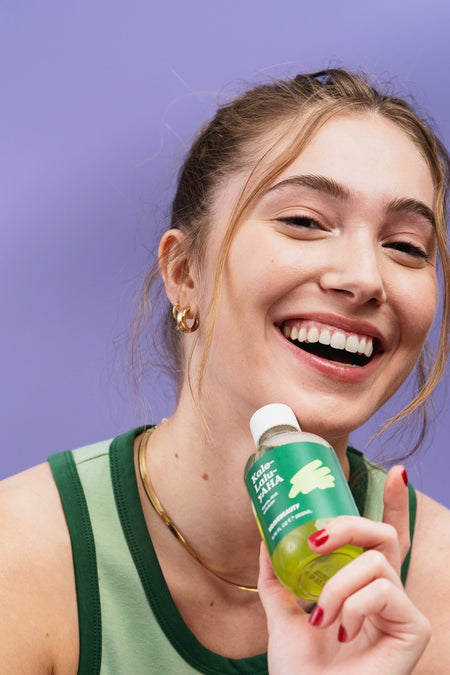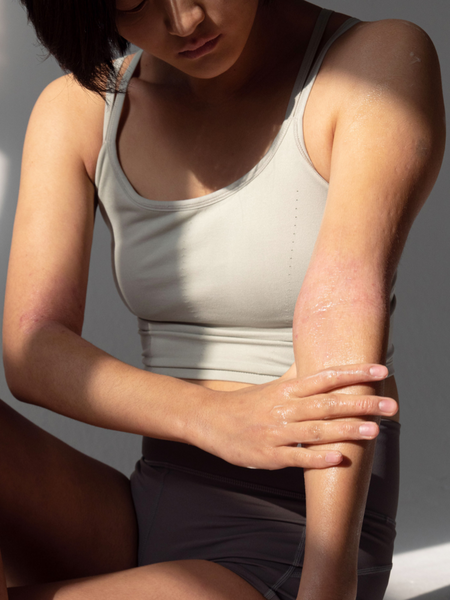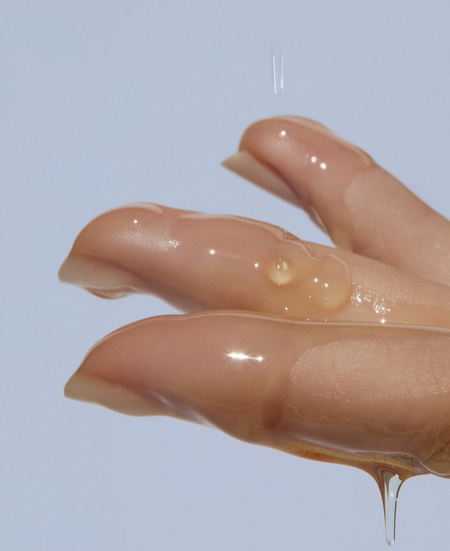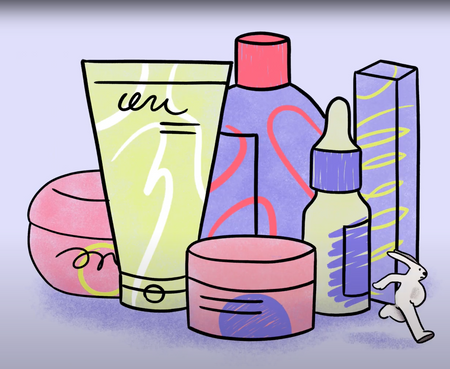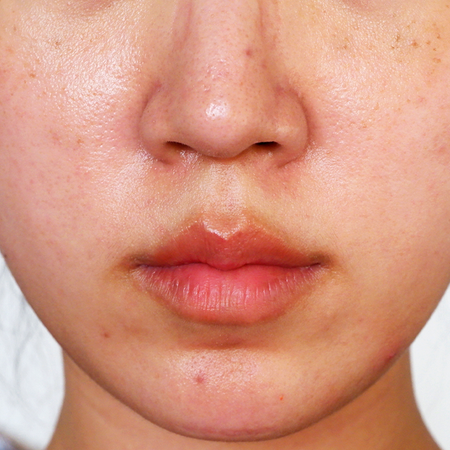The REAL Talk On Silicones

We got an important task on our agenda: to bust some beauty myths about-- TA-DA! -- SILICONES!
WHAT IS SILICONE?
A lot of people assume that silicone is not a natural ingredient, but guess what? Silicone actually originates from sand! It, however, does undergo a chemical process which turns it into a synthetic polymer made up of silicon, oxygen, and other elements.
Silicone is present in a lot of products across industries and, even, opened up so many opportunities in the medical field. It can be found in implants, contact lenses, and even bandages! Hospitals and other medical practices primarily use silicone-based medical adhesives because silicone has an extremely low occurrence of allergic skin reactions. Read that sentence again. LOW OCCURRENCE. Yup, doctors all around the world will tell you that silicone has little to no adverse effects on the skin.
WHAT DO SILICONES DO?
Cosmetic grade silicones were first introduced in the 1950s, offering a number of unique characteristics that helped to improve the feel, appearance, and performance of cosmetic products.
So what roles do silicones actually play in personal care products?
- Enhancement of spreadability: Silicones allow for lower surface tension, especially with mineral sunscreens such as zinc oxide and titanium dioxide that have quite a rep for terrible spreadability. These ingredients are incredible at protecting your skin from the sun and silicones allow for an easier application.
- Improvement of consistency: Silicones allow the formulas to feel lighter on the skin and make the application of most products smoother as the product is spread on the skin/hair without any oily or sticky feeling.
- Conditioning effect: You might have spotted some silicones in hair care, and the reason being that they enhance the conditioning effect and help detangle hair! Silicones in hair care can make the hair feel less rough, more hydrated and even improve shine.
- Moisture retention: Yup, silicone improves moisture retention of most products. In fact, they are the most breathable occlusive! They create a very flexible barrier that prevents Transepidermal Water Loss and helps your skin to keep moisture in without clogging or blocking pores. Dimethicone is particularly good at that as it stays on the skin for a long time.
SO… SILICONE-FREE FORMULAS ARE NOT ACTUALLY BETTER FOR THE SKIN?!
Many companies that position themselves as eco-friendly and market their product as “natural” are choosing to create silicone-free formulas. They often substitute silicones for blends of botanical oils and waxes, but this practice does not necessarily make the product you’re using “better”.
While there is certainly a market for these types of formulas, increased use of oils and waxes in formulas could increase the cost of the product, make the formula less acne-prone friendly (as a lot of oils and waxes can clog pores), and in general just feel heavier and more tacky on the skin. Unlike silicones whose molecular size is too large to seep into pores, vegetable and nut oils often have a molecular size that will pass through pores easily and absorb into the skin and in some instances clogging pores.
So yeah. Silicone-free formulas are not necessarily a better option for you and if anyone is telling you otherwise - now you’re equipped with enough knowledge to decide for yourself!
TO LEARN MORE ABOUT SILICONES, WATCH LIAH’S LATEST VIDEO:
 Matcha Hemp Hydrating Cleanser
Matcha Hemp Hydrating Cleanser Oat So Simple Water Cream
Oat So Simple Water Cream Beet The Sun SPF 40 PA+++
Beet The Sun SPF 40 PA+++ Great Barrier Relief
Great Barrier Relief Kale-Lalu-yAHA
Kale-Lalu-yAHA

